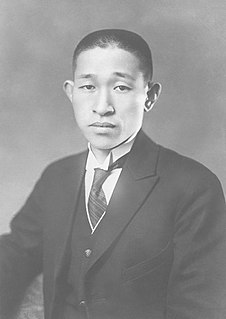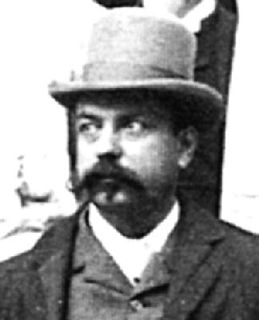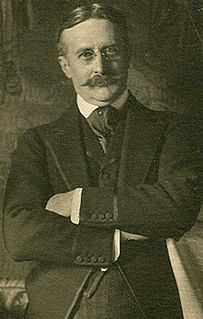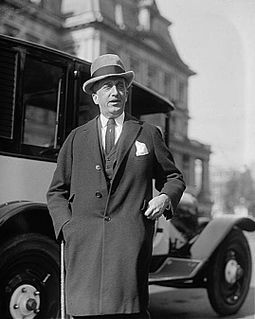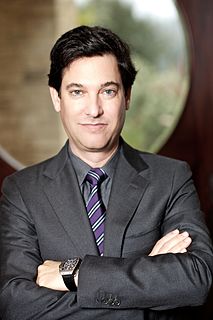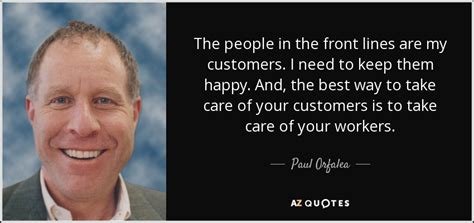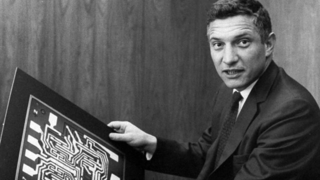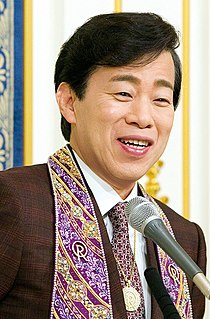Цитата Коносукэ Мацусита
Наша социальная миссия как производителя реализуется только тогда, когда продукты доходят до потребителей, используются ими и удовлетворяют их. . . Нам нужно ежедневно измерять температуру кожи клиента.
Связанные цитаты
Мы растем, позволяя клиенту говорить нам. Поэтому, когда клиент говорит нам, что он разочарован, что он только что получил свой каталог, а у нас уже нет продукта, который он хотел, это говорит мне о том, что мы производим недостаточно. Мы позволяем клиенту говорить нам вместо того, чтобы создавать искусственный спрос на нашу продукцию. Всякий раз, когда вы производите продукты, которые людям не нужны, вы зависите от экономики, вы зависите от всего, что происходит. Поэтому мы постарались избежать этой ситуации.
Ваш бизнес должен определяться не с точки зрения продукта или услуги, которые вы предлагаете, а с точки зрения потребностей клиентов, которые удовлетворяет ваш продукт или услуга. В то время как продукты приходят и уходят, основные потребности и группы клиентов остаются, т. е. потребность в общении, потребность в транспорте и т. д. Какие потребности рынка вы удовлетворяете?
Лучший способ извиниться — дать клиенту высказаться первым. Не перебивайте, просто делайте заметки и издавайте сочувствующие звуки. Вы даже можете сказать покупателю, что вас это тоже бесит. Во-вторых, спросите клиента, какова его скорость потребности. Скажи им то, что они хотят услышать. Что вы извинитесь, что вы понимаете, что они чувствуют, что вы встречаетесь с соответствующими людьми, чтобы получить решение, и что это будет сделано в течение 24 часов.
Дисциплина «снаружи внутрь» требует, чтобы у вас была явная клиентоориентированная причина для всего, что вы делаете на рынке. Менеджеры должны создавать то, что я называю «картинками клиентов», словесные описания клиентов, которые подчеркивают ключевые характеристики клиентов и оживляют этих клиентов. Хотя менеджеры никогда не знают о клиентах столько, сколько они хотят и должны знать, дисциплина «снаружи внутрь» требует, чтобы они в любом случае создавали картины клиентов, основываясь на любых имеющихся у них достоверных данных, а также на гипотезах и интуиции.
